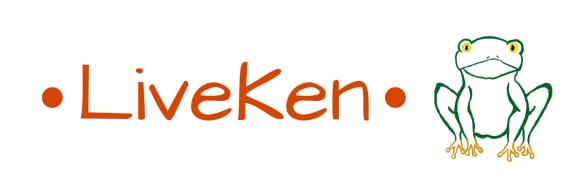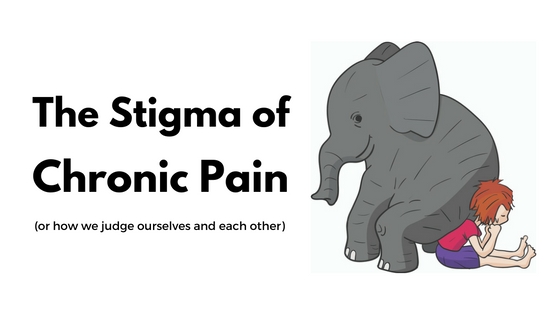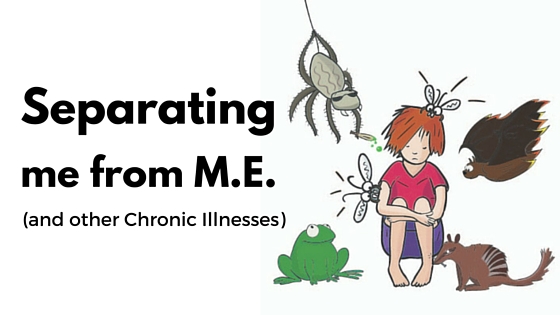“It’s all in your head!”
“(S)He’s just faking it to get out of (work/school/insert activity here)”
” It can’t be that bad!”
“It must be good to be able to do what you want, when you want”
“You just need to (exercise, eat this, do that) more/less”
1 in 5 people live with it but not many people understand it…
Chronic Pain
For the past 3 and a half years I’ve lived with a constant base level of pain, punctuated by periods of overwhelming and unbearable pain. Over that time I’ve heard many uninformed opinions and recommendations from strangers, friends and family, and even the professionals who are meant to be helping me. Sometimes I even judge myself, questioning if it really is all in my head. I’ve also heard stories from other people living with chronic pain that make the things I’ve heard sound trivial.
Statistics show that people living with chronic pain have a much lower perceived quality of life than the general population. I personally believe this is from the dual-impact of issues related to finding a pain management regime that actually helps and the psychological impacts of the myths and misperceptions surrounding these conditions which are invisible to those around us.
Let’s take a quick look at the Pain Management Regime issues. There are many drugs and treatment options out there that can be helpful, however none of them work for everyone. For many with chronic pain, there may be no known cause or cure. This makes it difficult to work out what you should be doing to manage the pain. To top it off, if you do find a drug or treatment option that does help in some way, it seems more than likely that there’ll be side effects that make the treatment option not really an option at all.
Now, the myths and misperceptions surrounding chronic pain can be extremely detrimental to the mental health of those living with it. The constant disbelief and judgement of others can make you question yourself and the way you’re handling your condition. What makes it worse is that, for conditions like Fibromyalgia, there are still doctors out there who don’t believe in it at all and others who believe it is all in the persons head. These doctors send you off to a psychologist or, even worse, they do nothing and inform you to just push through it.
What we need is a better understanding and more empathy from ourselves and from others. We need to find a way to raise awareness of the prevalence of these conditions, and to counteract some of the myths and misperceptions. It is my hope that if we can get more people sharing their stories we can make a difference. There are still many people out there who do ‘just push through it’ because they have no support around them and they may not actually believe it themselves. It is only if we work together to raise awareness and to answer people’s questions that we can change the way people view chronic pain and make people aware of how big a problem it is in today’s society.
After meeting with Dr Meredith Craigie on Monday to discuss the Foggy Frog and the Pain Gang Campaign, I have realised the gap there is in information and support for younger people living with chronic pain; especially in Australia. As such, my goal is to initially focus the campaign on supporting this younger generation through teacher and parent education, and establishing a support group and related workshops and resources for young people living with pain.
My ideas are still in very early development phase but I hope with the launch of the Foggy Frog and the Pain Gang Picture Book in September I’ll be able to announce at least the first part of this wider campaign.
I’d love your input…
What do you feel are important points for teachers and parents to understand if they are to support young people with chronic pain?
What would be your number 1 tip for living a meaningful and fulfilling life with chronic pain?
















